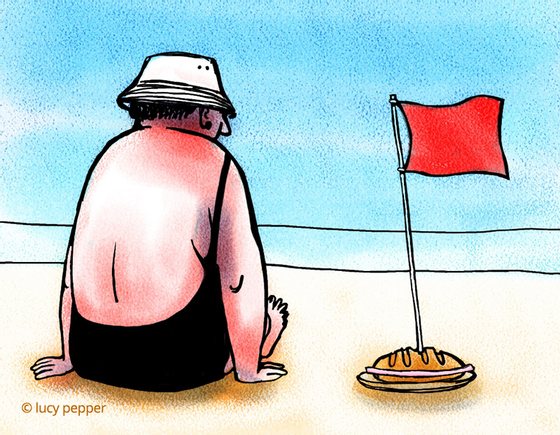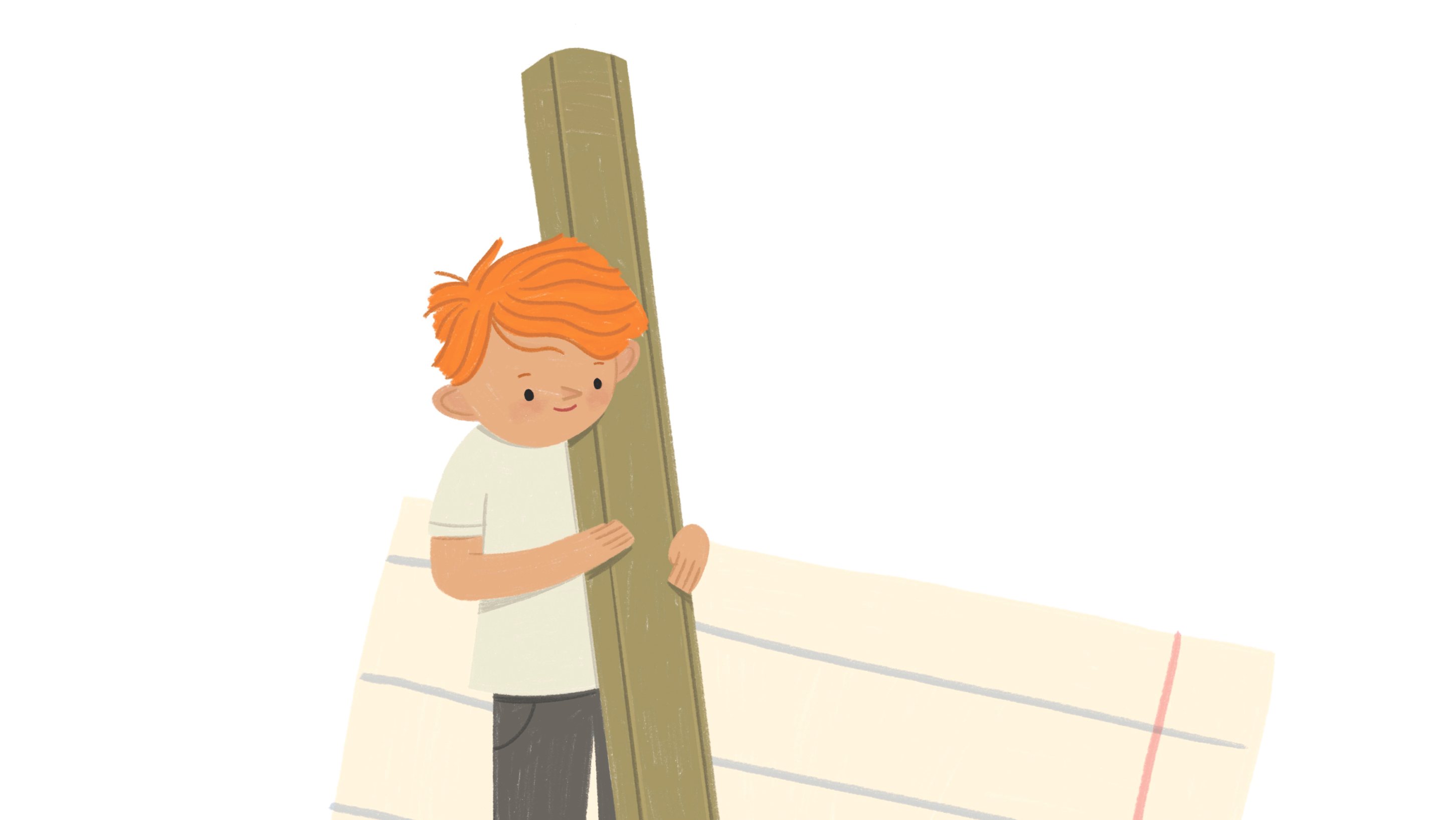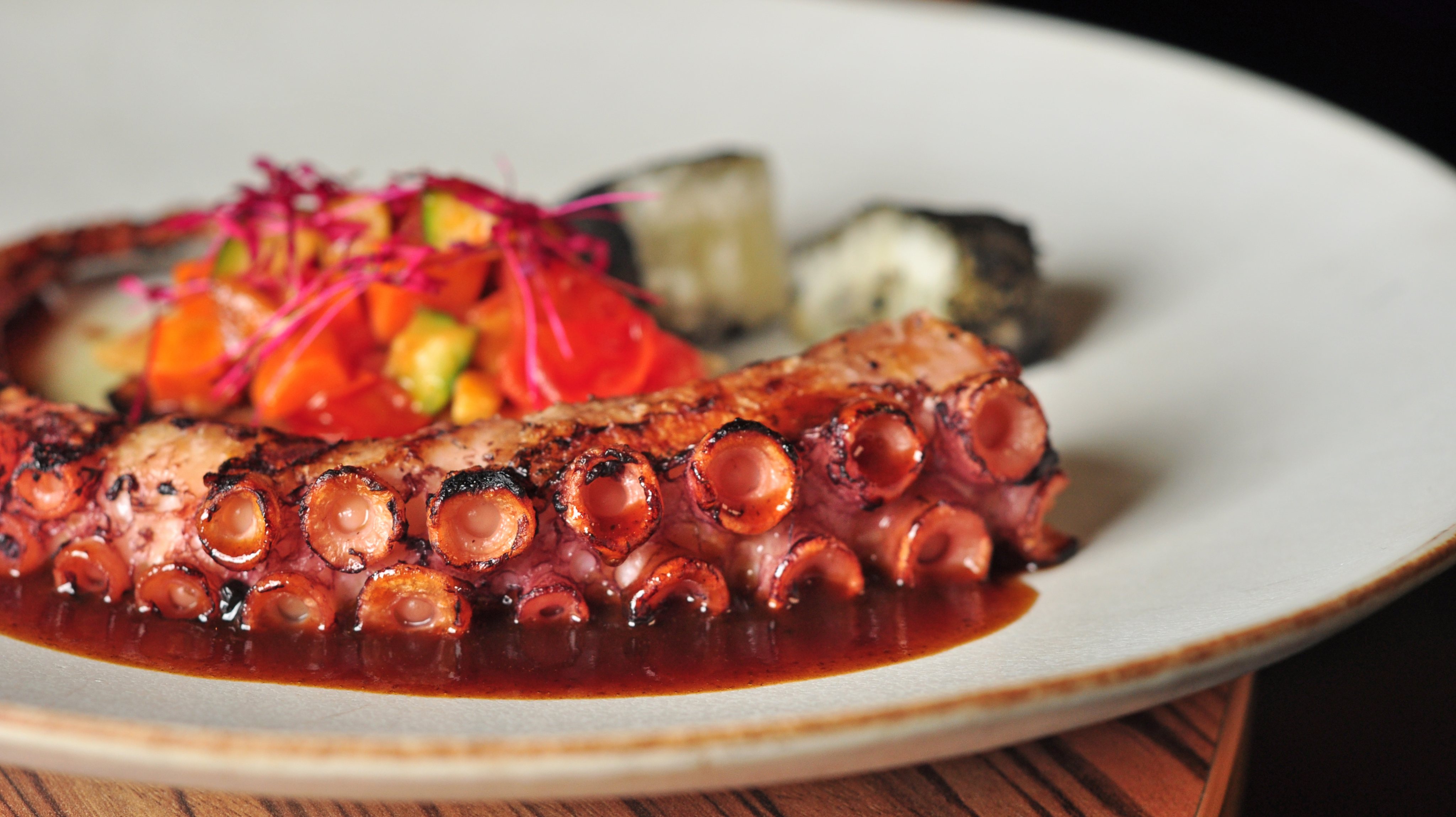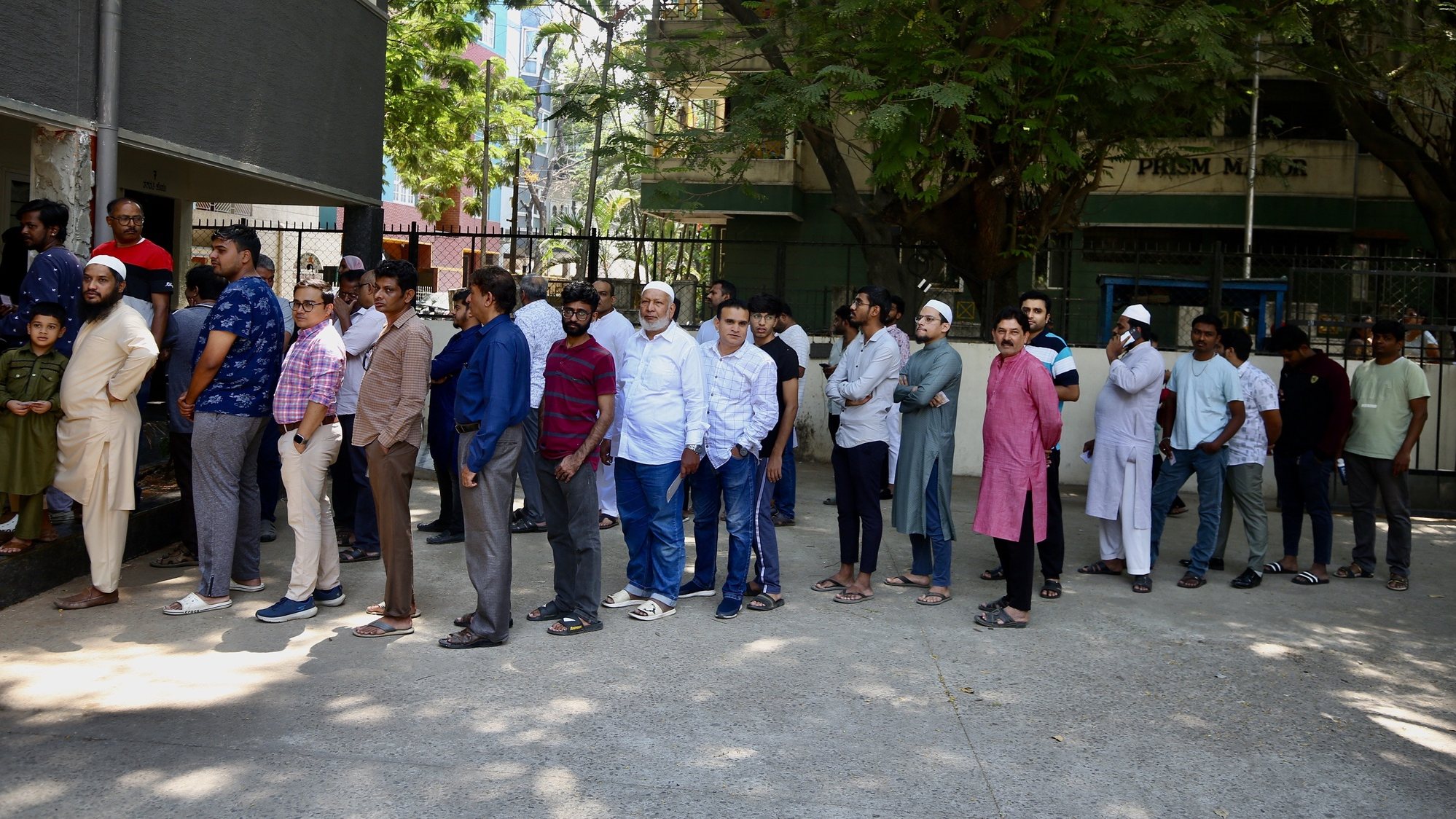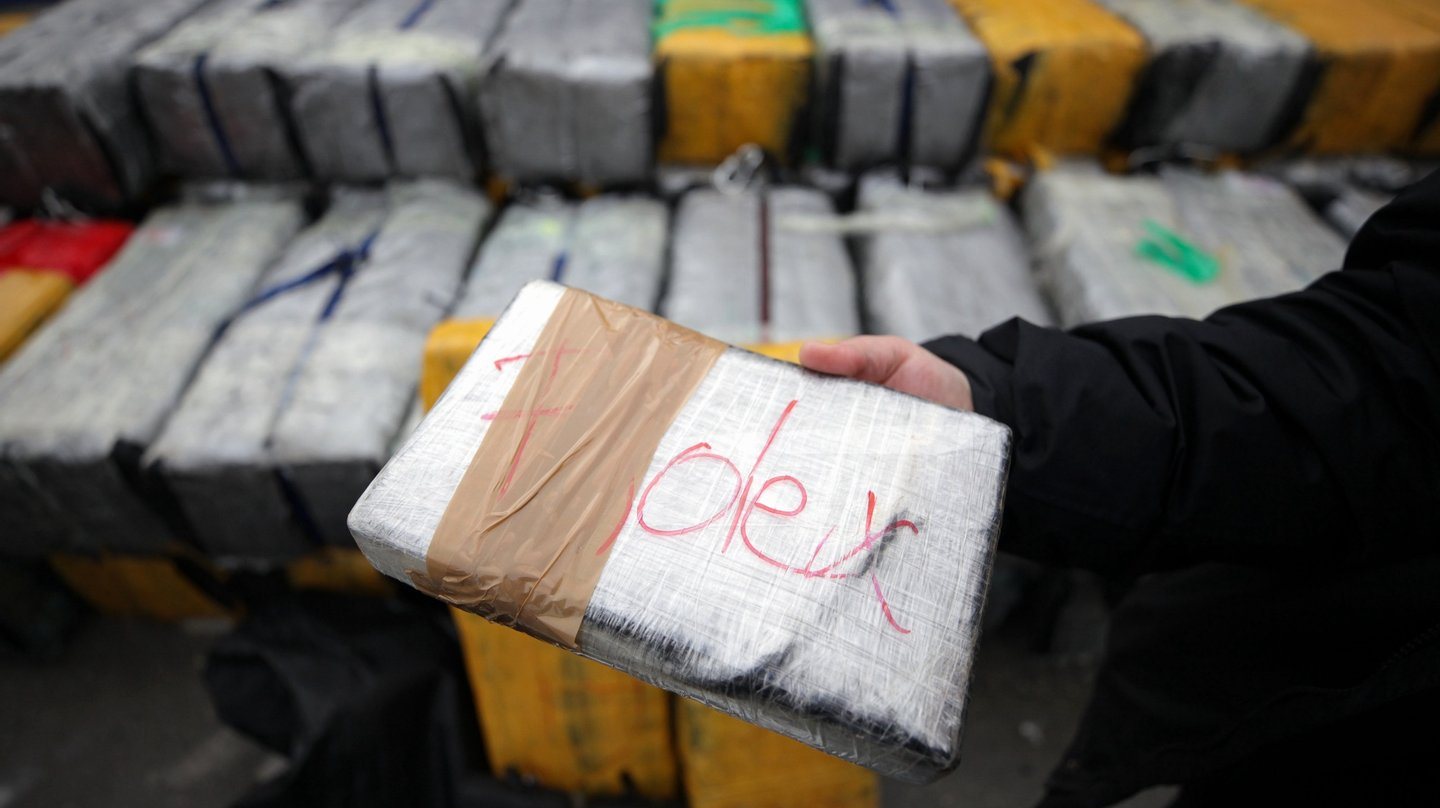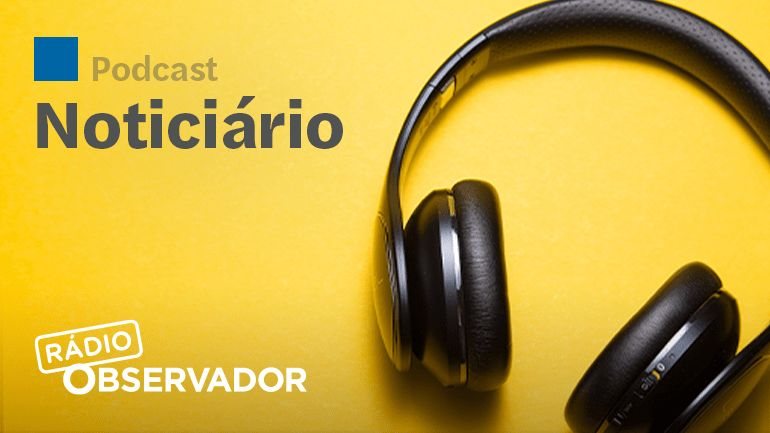A praia cheia de gente de todas as idades. Os risos, gritos induzidos pela água gelada e um zumbido constante de pessoas a falar criam, misturados, uma banda sonora de alegria. O mundo e as suas desgraças ficam em casa.
Uma grande parte desse zumbido consta desta conversa, entre mães e filhos, ou entre avós e netos:
– Vou tomar banho…
– Não vais nada. Acabaste de comer!
– Foi só uma sandes!
– Não faz diferença… tens de fazer a DIGESTÃO!
– Mas isso foi há quatro horas!!
A sabedoria de não nadar depois de comer é levada aos extremos em Portugal, e transmitida devotamente de geração a geração. A cada geração, é adicionada mais uma meia hora àquele tempo sagrado entre o comer e o nadar. A quantidade comida não parece ser relevante. Antes de arriscar tudo num mergulho, comer uma bolacha é tão perigoso como comer um prato gigante de cozido à portuguesa. Nem a profundidade do mergulho importa: para os profetas da desgraça, pôr o pé na água é, em termos de risco, equivalente a nadar.
Conheço pessoas que esperam duas horas para tomar duche depois de comer. Porquê? Porque em português “tomar banho” quer dizer “ir nadar no grande oceano Atlântico gelado e perigoso”, mas também significa “tomar um duche de água quentinha com um gel de banho deliciosamente aromático”. Outrora, uma avó super-cautelosa decidiu que “não, tomar banho também quer dizer tomar um duche, e por isso, espera, porque acabaste de comer uma sandes!”, e eis muita gente condenada a planear meticulosamente o seu dia, de modo a deixar grandes intervalos entre comer e lavar-se.
Este pânico da indigestão, mais o pavor de correntes de ar e a desconfiança dos refrigerantes gelados, dá ideia de que os Portugueses são um povo muito cauteloso. A ideia de que os elementos da natureza podem causar indigestões fatais, afogamentos e constipações terríveis (e, como é óbvio, tem de ser sempre uma gripe, e não apenas uma constipação) está sempre presente. Todos acreditam que variações de temperatura levam a uma morte súbita e catastrófica, e quando saímos à rua, há sempre alguém que pergunta: “Não trouxeste um casaquinho?”
Que estranho, então, que conduzir alcoolizado continue a ser socialmente aceitável em Portugal. Não é permitido por lei, claro. Mas é aceitável e não é estigmatizado. Ainda.
Para uma população tão cautelosa, há uma estranha ausência de indignação e de alarme vocalizado em relação a condutores bêbados, os quais causam muito mais mortes súbitas e catastróficas, em acidentes onde não é só o alcoolizado irreflectido que morre, do que qualquer sanduíche comida na praia.
O número de incidências baixou, sim, mas pouco. Quando a polícia monta uma operação STOP, continua a apanhar dezenas de condutores com álcool a mais. E é provável que muitos mais se escapem através de um caminho diferente para casa, depois de serem alertados pelas redes sociais de que há uma operação STOP. Este comportamento não está confinado aos jovens. É de todos. E se isso não se nota mais, é talvez porque muita gente não chega a ser parada pela polícia por ter um ar mais velho ou respeitável.
Uma coisa que não ajuda é o facto de as cartas de condução não serem automaticamente confiscadas quando um condutor é apanhado ao volante alcoolizado. “Está um bocado bêbedo? Eis uma multa de €300, pode já ir para casa!” Nem sequer existe muito estigma social ligado à perda temporária da carta. É incómodo para a pessoa, mas não precisa de ter vergonha.
Todos conhecemos pessoas que com regularidade se acham acima da lei, acima do senso comum, acima da humanidade e, neste país pequeno, todos conhecemos alguém que morreu ou perdeu um familiar na estrada. Nunca, porém, ouvi falar de alguém que tivesse morrido por comer uma sandes antes de ir nadar… o que, possivelmente, se deve às conversas e alertas constantes das avós e das mães.
É uma pena que “se conduzires alcoolizado, vais matar pessoas” não esteja também na boca de todas essas fontes de sabedoria e conselho. É uma pena que haja tão pouco estigma social associado à condução alcoolizada, nunca mais do que um olhar do género “tu… vai com CUIDADO”, quando o bêbedo cambaleia para voltar a casa no fim da festa. Experimente isto: tente tirar as chaves do carro ao amigo de meia-idade que bebeu demais para conduzir. Veja o que acontece. Provavelmente, terá mais sucesso se o tentar convencer, na praia, a não ir tomar banho depois de comer uma sanduíche.
(tradução da autora)
Not waving but crashing
The beach, filled with people of all ages. Their laughter, shrieks induced by the freezing water and a constant babble of people talking make a soundscape of happiness, leaving the world and its woes back at home.
Much of the babble consists of this conversation, between mothers and children or grandmothers and grandchildren:
– I’m going for a swim….
– Oh, no you’re not. You just ate!
– That was just a sandwich! u
– It doesn’t matter… you have to DIGEST IT!
– But it was four hours ago!!
The wisdom of not going for a swim after eating is taken to all extremes in Portugal, and is passed diligently from generation to generation. With each generation, another half an hour is added to the sacred “time you must leave between eating and swimming”. The amount eaten is not relevant to many people. Eating a biscuit is as bad as eating a vast plateful of cozido à Portuguesa before diving to your fate in the sea. The depth of seawater (or swimming pool) is also irrelevant… standing with barely your feet covered counts the same as swimming to some doomsayers.
I know people who won’t even take a shower until two hours after they’ve eaten. Why? Because while “tomar banho” means “going for a swim in the big freezing cramp-inducing Atlantic Ocean” it also means “taking a shower in nice warm water with some lovely aromatic shower gel.” Somewhere along the way, some overly cautious grandmother decided that “no, it means having a shower, too! So, wait, because you just ate a sandwich!” and a whole bunch of people are doomed to meticulously planning their days around eating and washing themselves with huge gaps of clock-watching in between.
Take this along with fear of draughts and being wary of cold drinks, and you can see that the Portuguese are a very cautious people. The fear of climactic conditions causing fatal indigestions, drownings and terrible colds (and it is usually influenza, not just a cold) is ever present. Sudden, catastrophic death from temperature variation is avoided and it is rare to meet someone who doesn’t worry about such things. “Have you brought a sweater?”
How odd, then, that drink driving is still socially acceptable in Portugal. Legal, of course not. Acceptable and unstigmatised, yes. Still.
For such a cautious people, there is a lack of voluble, daily outrage and warnings about the sudden, catastrophic death caused by drunk driving, something which is vastly more likely, much bloodier, much more violent, and often kills more than just that one reckless person indulging in the reckless behaviour. Certainly more dangerous than any sandwich eaten on the beach.
Numbers are down, yes, but barely. When there’s a big Operation Stop, dozens of people are caught out, every time, and plenty more probably find a different way home, once they have been alerted to the “Stop” via social media. This isn’t the reserve of the young, either. This is everyone, and I am sure that many people get away with it because of the perceived respectability of their being middle-aged or older.
What doesn’t help is that there isn’t an automatic driving ban when you are caught. “A little drunk? Here’s a fine of €300, now, off you pop!” There isn’t even much of a stigma if you do lose your license. It’s a pain in the neck, but it’s not shameful.
We all know people who regularly think themselves above the law, above common sense, above humanity and, in this tiny country, we all know someone who has either been killed or lost someone to the roads. I never knew anyone who died from eating a sandwich before swimming…. and maybe that really is because it is the subject of the constant warnings from grandmothers.
It is a shame that “if you drive drunk, you will kill someone” doesn’t have equal billing on everyone’s lips. It is a shame that there is little stigma attached to driving drunk, just a “you be CAREFUL” look as the drunk leaves the party. Try taking the car keys from a middle-aged friend who has drunk too much. See what happens. You’ll have more luck getting the same person not to go swimming after a sandwich.





